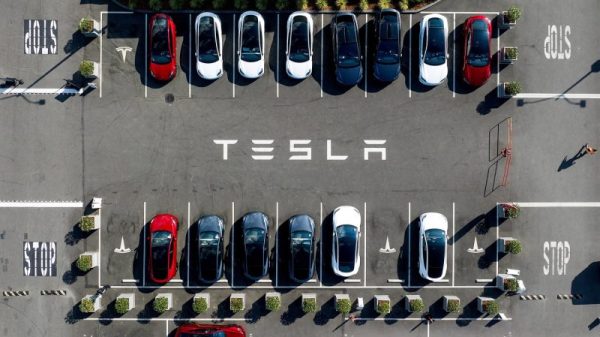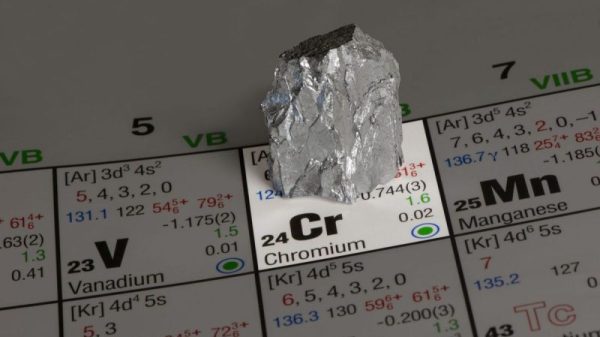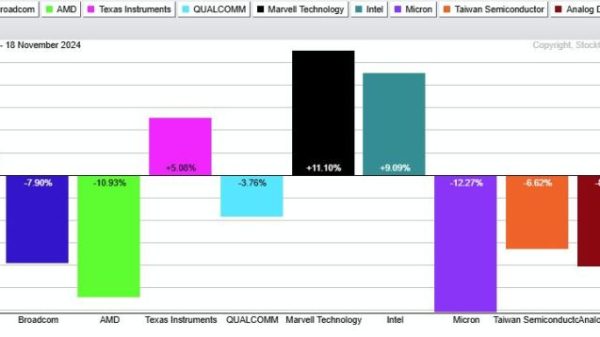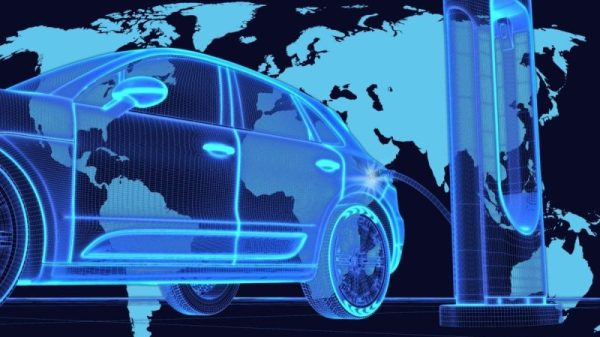The global cleantech market experienced significant shifts, rapid growth, and positive transformations in the third quarter of 2024. With the growing acknowledgment of environmental sustainability and corporate responsibility, the cleantech sector’s performance was indeed a sight to behold.
Key Market Developments and Trends
The clean technologies market was rich in developments and trends that painted a progressive outlook. One key development was the surge in the demand for energy storage. With the continued rise in the adoption of renewable energy, the appetite for innovative, cost-effective energy storage solutions heightened. Major investments were channeled towards battery technologies, with lithium-ion battery production reporting an exponential increase.
The cleantech sphere also continued to drive the e-mobility revolution. Electric vehicle (EV) sales experienced a remarkable surge in Q3, significantly eclipsing traditional ICE vehicles’ sales. The demand for EVs continued to be fueled by advances in battery technology, the expansion of charging infrastructure, and supportive government policies around the world.
Additionally, cleantech startups around the world saw a surge in funding in the third quarter. Investors continued to show a significant interest in the cleantech sector amidst the intensifying urgency around climate change. A trend towards impact investing also emerged, where investors not only sought financial returns but also considered the environmental and social impacts of their investments.
Geographical Performance
Across regions, North America remained a frontrunner in the global cleantech market, with the United States leading the charge. The country saw a flurry of innovations, record-breaking investments, and policy developments favoring cleantech businesses. Meanwhile, Europe leveraged its robust regulatory framework promoting green initiatives to expand the market significantly.
On the other side of the world, Asia witnessed encouraging growth within the cleantech sector, primarily led by China and India. China continued to dominate the global EV market, supported by government-backed subsidies and an extensive network of charging stations. India, having set ambitious renewable energy targets, leveraged its vast wind and solar resources, attracting domestic and international investments.
Environmental Impacts
The cleantech sector’s growth resulted in significant environmental benefits. From decreasing carbon dioxide emissions to promoting resource efficiency and circularity, the impacts were tangible. The rise of clean transportation directly contributed to reducing particulate matter and greenhouse gas emissions. Advancements in renewable energy technologies led to the displacement of fossil fuel-based energy sources, further mitigating climate change impacts.
Innovations and Focus for the Future
Despite remarkable achievements, it was evident that achieving global sustainability and climate goals would require relentless innovation, ground-breaking technology, and continued regulatory support. Key technological advancements that captured attention included carbon capture, utilization, and storage (CCUS) technologies, hydrogen fuel cells, and smart grid technologies.
The global cleantech sector remains primed for a future where economic development aligns harmoniously with environmental sustainability. Achieving this vision would require an ongoing commitment from governments, businesses, investors, and individuals to embrace green technology and make the pursuit of a cleaner, more equitable world a top priority.
































